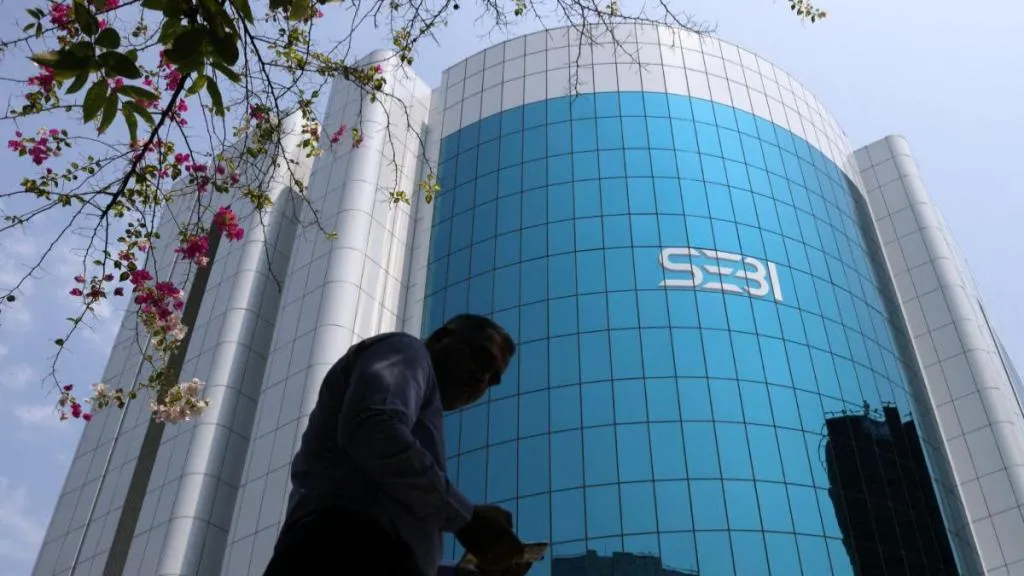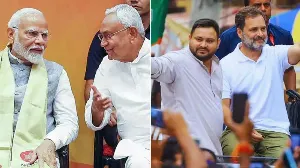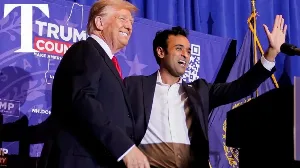Sebi Committee Proposes Reforms for Conflict of Interest Regulations

A recently established committee by the Securities and Exchange Board of India (Sebi) has identified significant shortcomings in the regulator's conflict-of-interest policies, calling for a comprehensive reform to improve transparency and accountability within the organisation. The panel, which was formed in March 2025, reviewed Sebi's internal ethics and disclosure protocols and concluded that the existing frameworks are inadequate and lack legal enforcement.
Currently, the Sebi Code of Conduct operates on a voluntary basis, lacking penalties for non-compliance. This makes it less robust than the Sebi Employees Service Regulations, which are legally binding. The committee noted that the voluntary nature of the code undermines its effectiveness, especially in comparison to international standards where such frameworks are often strictly enforced.
The review was prompted by heightened scrutiny over governance practices at Sebi following allegations of conflict of interest against former Chairperson Madhabi Puri Buch. A report by Hindenburg Research accused Buch and her spouse of holding undisclosed offshore investments related to the Adani Group, an allegation they both refuted. This controversy led to an internal examination of Sebi's conflict-of-interest safeguards to bolster transparency and credibility.
The committee highlighted disparities in disclosure obligations between Sebi's board members and employees. While employees are subject to stringent restrictions, including bans on equity investments and mandatory annual asset disclosures, board members face fewer requirements. This inconsistency raises concerns about the integrity of the decisions made by those in leadership positions.
Several inconsistencies were pointed out in Sebi's ethics framework. The definitions of key terms such as 'family' and 'conflict of interest' vary across different internal regulations, and there is no independent ethics office to oversee compliance. Furthermore, the process for reviewing disclosures lacks structure, with no public access to members’ interests or recusals, diminishing accountability.
The committee also noted that Sebi lacks strong enforcement mechanisms, including an independent ethics oversight structure or a whistleblower system to address potential conflicts. Restrictions on post-employment activities are inconsistent and poorly enforced.
In contrast, international regulatory bodies are governed by stringent norms that include comprehensive definitions of conflicts, public disclosure of financial interests, and effective whistleblower mechanisms. Many also mandate ethics training to ensure that both actual and perceived conflicts of interest are managed effectively.
To address these deficiencies, the committee has proposed the establishment of a legally enforceable framework applicable to all Sebi officials, from the chairperson to senior management. Recommendations include a comprehensive definition of conflicts that encompasses various types of interests, public disclosure of assets and liabilities by high-ranking officials, and a multi-tier disclosure system that includes initial, annual, event-based, and exit disclosures.
Additionally, the committee suggested uniform investment restrictions for top officials, categorising them as insiders under insider trading regulations, with specific allowances for investments in regulated pooled vehicles like mutual funds. A strict ban on gifts, a robust recusal process with digital conflict-flagging, and public reporting of recusals in Sebi’s annual report were also recommended.
Furthermore, a two-year cooling-off period for former officials was proposed, during which they would not be permitted to engage with Sebi in any capacity, and mandatory disclosure of employment negotiations prior to exit was advised.
These reforms aim to fortify public trust in Sebi, which plays a critical role in safeguarding market integrity. As noted by Sumit Agrawal, a senior partner at Regstreet Law Advisors, "These recommendations are essential to sustain public trust in an institution that guards market integrity." The proposed reforms, if implemented, could mark a significant shift in how conflict of interest and transparency are managed within India's capital markets regulator.

India declares Red Fort car blast a terrorist attack

Bihar Assembly Elections 2025: NDA Forecasted to Win by Exit Polls

Trump's Support for H-1B Visas Sparks Outrage Among MAGA Followers

Asian Paints Reports 43% Profit Growth in Q2, Declares Dividend





